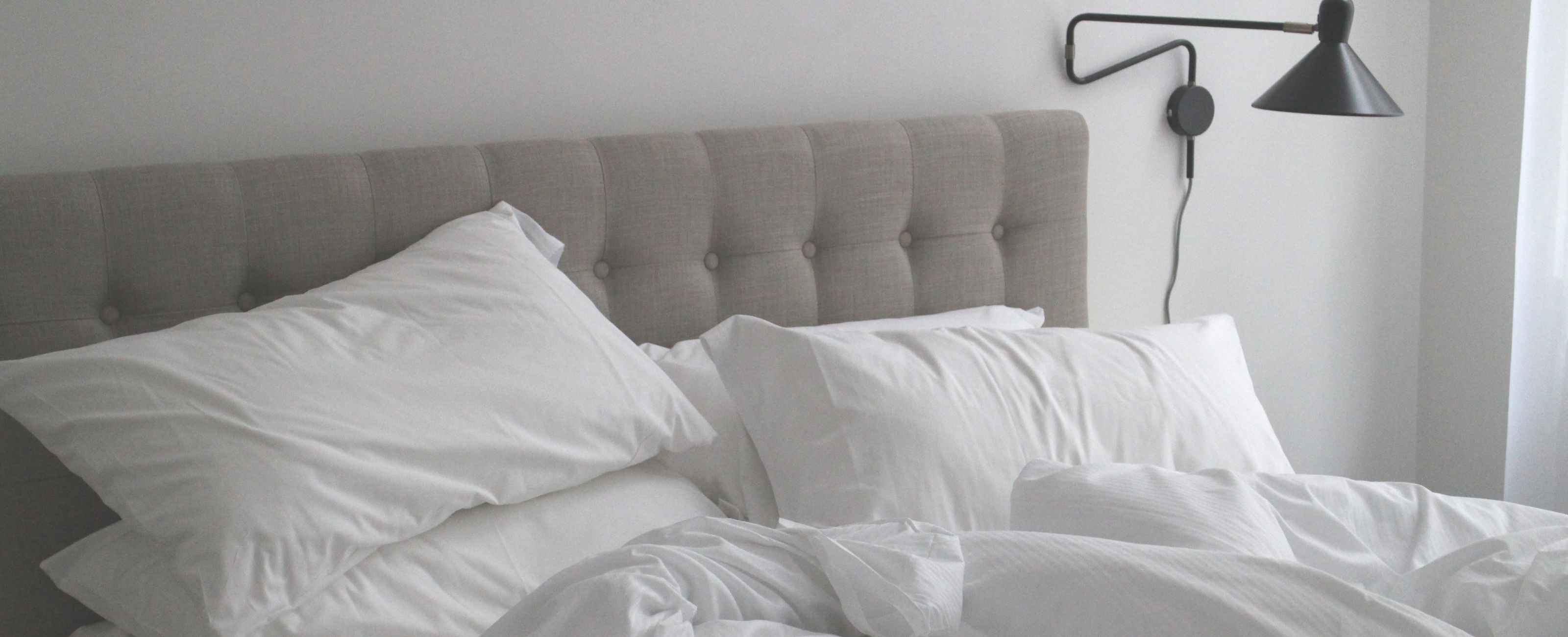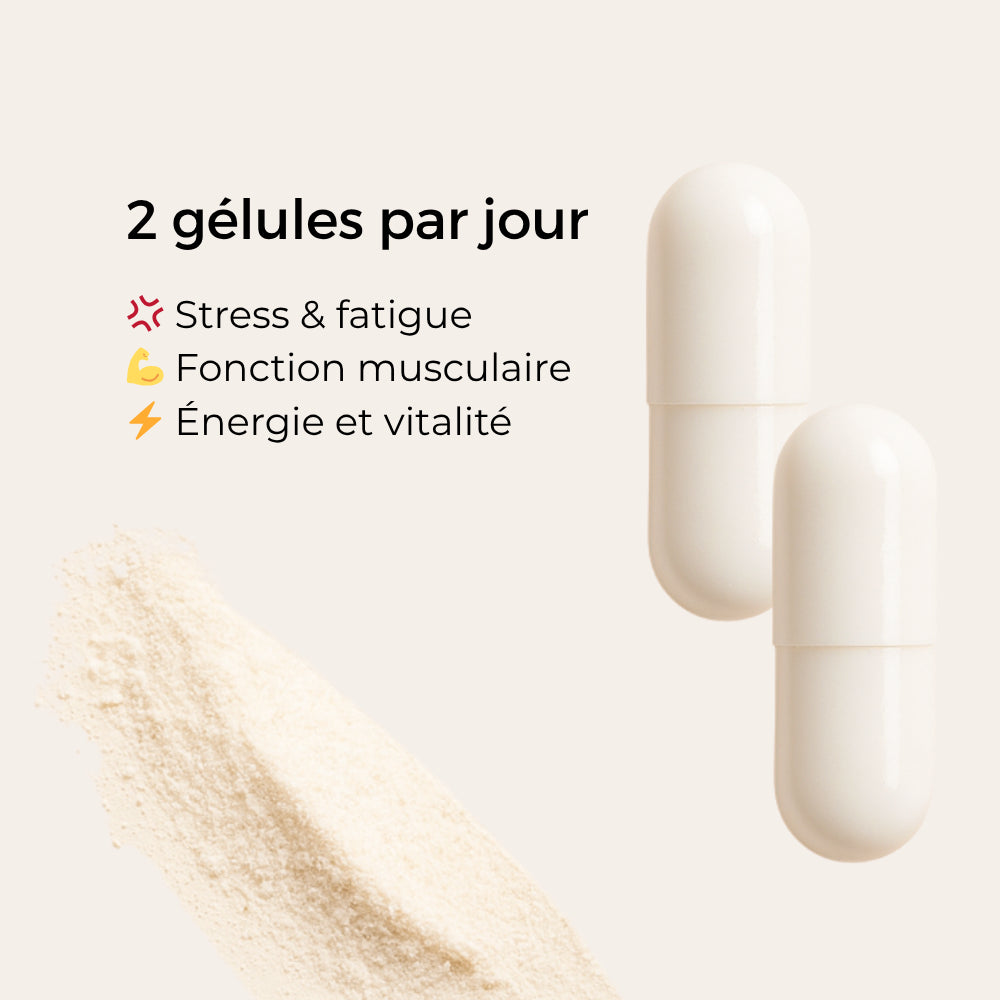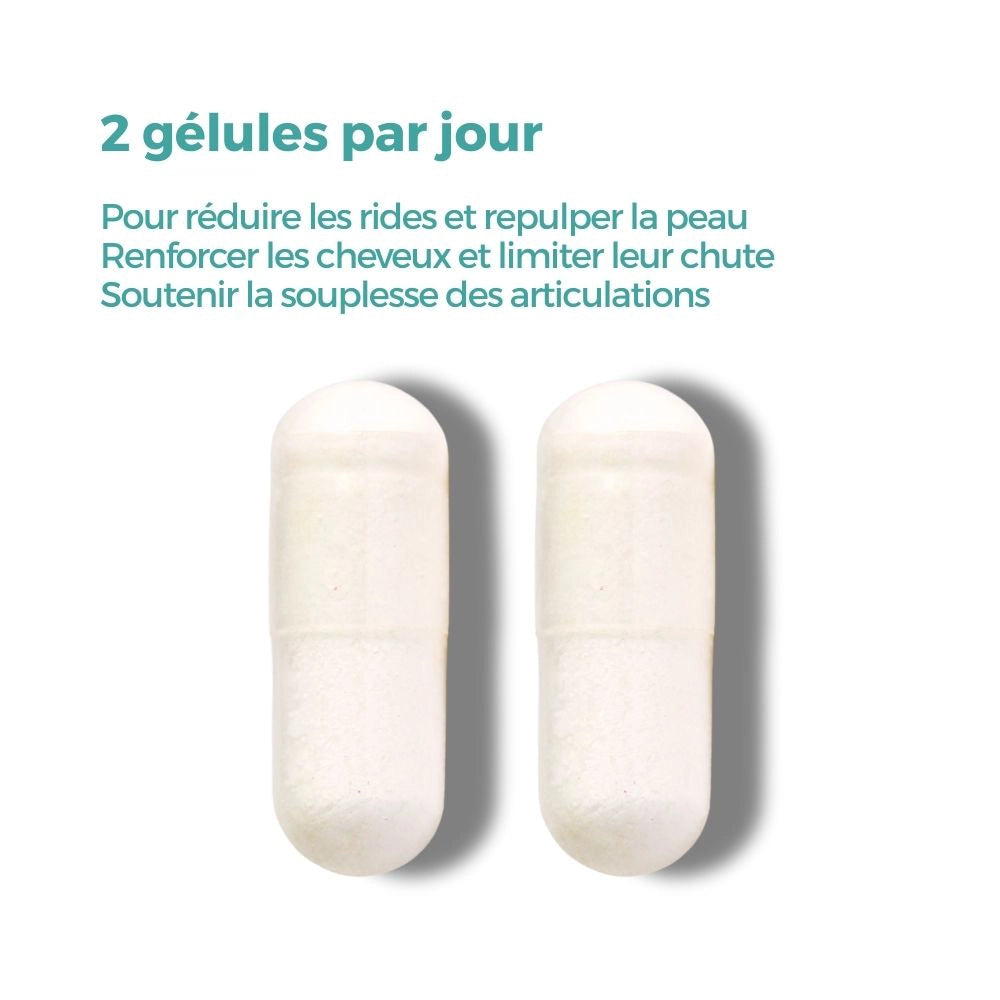
What is the ideal amount of sleep?
Getting enough sleep is essential for staying healthy and feeling refreshed throughout the day. Sleep allows for both physical and psychological recovery.
However, the ideal amount of sleep varies from person to person. Some people need 12 hours of sleep to feel refreshed, while others are satisfied with just 6 hours of sleep.
Indeed, sleep depends on age, but also on genes. With age, it takes longer to fall asleep and nighttime awakenings become more frequent, resulting in less deep sleep. The expression "sleeping like a baby" then takes on its full meaning.

Sleep duration varies according to age
Sleep duration varies, largely, depending on the person's age:
For a baby
A baby, from birth to the age of 2, should sleep, on average, between 11 and 17 hours of sleep. At birth, their two sleep phases are:
- Restless sleep: The body is limp and the arms, legs, face and eyelids move.
- Quiet sleep: the body hardly moves.
These two phases alternate and constitute a sleep cycle of approximately 50 minutes.
When he reaches three months, these two phases transform into REM sleep and slow-wave sleep , which constitute the adult sleep cycle .
For a child and a teenager
A child needs 9 to 13 hours of sleep, compared to 8 to 10 hours for a teenager. Sleep is essential for their physical, mental, and cognitive development.
For an adult
For an adult, the recommended amount of sleep is 7 to 9 hours, but can vary between 3 and 12 hours. The amount of sleep he needs is the amount of sleep that allows him to engage in prolonged activity during the day, remaining focused and without feeling drowsy.
For an elderly person
Finally, an elderly person needs little sleep. Often, some elderly people take a nap during the day to rest and cope with nights when sleep is light.
How do you know if you've slept enough?
It is therefore important to know yourself well to estimate your ideal sleep duration. To know if you have slept enough, you need to ask yourself the following questions:
- In the morning, am I in good shape or tired?
- During the day, do I have periods of drowsiness?
- During the day, do I have difficulty concentrating or paying attention to anything?
If the majority of answers are positive, this indicates a need for sleep. On the contrary, if none of the answers are positive, the amount of sleep is sufficient.
However, getting a good amount of sleep doesn't necessarily mean getting quality sleep. Getting 5 hours of deep, restorative sleep is better than getting 10 hours of light sleep with frequent awakenings.
Stress, or anxiety, is often the cause of unrefreshing sleep . It affects physiological functions that increase wakefulness and promote the release of energy resources. This leads to difficulty falling asleep and even insomnia.
Moreover, to promote restful sleep, here are some tips to apply on a daily basis.

Tips for getting restful sleep
Here are some tips to help you get a good night's sleep and wake up feeling rested the next morning:
Avoid eating too much at dinner
At dinner, it is recommended not to eat too much or too fatty food so as not to increase body temperature and slow down digestion .
In addition, it is also necessary to avoid the consumption of coffee, tea, spices, tobacco or other stimulants that may interfere with sleep.
Do not do any sporting activity 3 hours before bedtime.
It is not recommended to do any physical activity in the evening before going to bed, as having a rapid heart rate makes it difficult to fall asleep. On the other hand, doing a relaxation activity (meditation or yoga, for example) before going to bed can relax the body and calm the mind.
It is recommended to do some sporting activity during the day to expend your energy and thus benefit from a deep sleep when going to bed.
Sleeping in a healthy environment
It is not recommended to sleep in a room that is too hot, too noisy or too bright as this is detrimental to sleep.
Opening the window to increase oxygen intake is very effective in promoting restful sleep.
Choosing good bedding
Having a quality mattress , a good pillow and a comfortable duvet is essential for a good night's sleep. It is therefore necessary to prepare a certain budget and take the time to choose good bedding adapted to your needs and habits.
Take dietary supplements
There are effective dietary supplements enriched with plants known to ensure good sleep and relax the body in cases of stress. Their benefits help restore quality sleep and limit nighttime awakenings.
Délicure offers natural and vegan "Sleep" gummies enriched with plants (linden, passionflower, poppy), vitamins (B5 and B6) and melatonin (sleep hormone). This formula helps you calm down before bedtime, fall asleep more easily and have a more restful sleep. To feel these effects, it is recommended to take two gummies before bedtime.
These products should be taken as part of a healthy lifestyle and a varied and balanced diet.
--


























